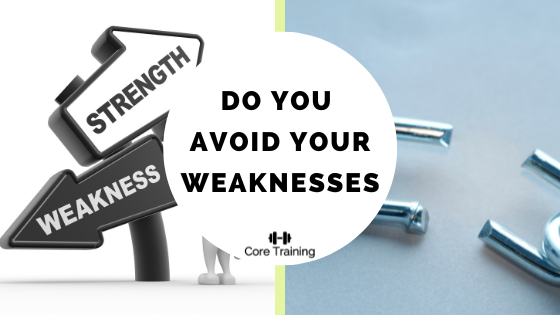Do You Avoid your 'Weaknesses'?
No-one is perfect - we all have our strengths and weaknesses, both in life and in the gym (sorry if this concept is new to you). My question to you today, though, is what do you do about your weaknesses - do you work to try and improve them, find a shortcut, or try to avoid them entirely?
Now, don’t get me wrong, I understand the importance of feeling good and accomplished while working out - so I am not suggesting only doing exercises you dislike / that you struggle with when you are in the gym. However, if we only do the exercises we like / find easy (and there’s usually a big crossover between these two categories), then the chances are we are neglecting aspects of our fitness, which could potentially cause problems down the line.
In the gym, our training should be partly what we want, and partly what we need, to optimise progress. That means, almost always, that we should be including exercises we struggle with. In simple terms, if there are movements or exercises you struggle with, it’s because of one of 3 things:
A weakness
A previous injury
A lack of skill with the movement
Whichever of these three reasons is the cause, all can be addressed by devoting more time to the movement or exercise (not less). Giving you an example, if you struggle with squatting patterns due to a previous knee injury, then avoiding doing squats isn’t going to make the issue any better. In fact, neglecting squats will lead to longer term weakness, faulty movement patterns, and therefore higher risk of future injury. In this scenario, working on different squatting movements, building up the complexity and difficulty over time, and addressing any movement imbalances, is the answer. You might not enjoy it as much, you might find it really tough for a while - but in the long run you will be better off for it (and probably not dislike squats so much, either).
The same goes for ‘shortcuts’ - they may be necessary in the short term, or when you are first starting out - but if you never try and progress beyond simplified or modified exercises, you will never reach your potential, and eventually you will stop seeing progress and hit a plateau. Now, in certain cases exercises need to be modified for individuals, and not everyone can do every single exercise - and that’s ok. However, it is also the case that we become ‘comfortable’ doing exercises a certain way, and decide not to push ourselves to improve or progress in that area. Again, if you are comfortable with that, then that’s ok - but just know that, as with everything, there are tradeoffs. If you don’t want to push yourself to get better at squats, for example, and progress to more challenging squatting motions, then you may not see the development in leg strength that you desire, which you will notice in other aspects of your life.
Ultimately, I understand it - forcing yourself to do things you find really hard is tough - both physically and mentally. I sympathise with the desire to find easier ways to do things, or not always being in a place to push through the discomfort, pain, or challenge. Unfortunately though, that’s exactly what you need to do sometimes. If an injury or condition has meant your ability to walk has gotten worse, do you think that by avoiding walking, or staying firmly within your comfort zone, is going to be in your interests in the long term? Absolutely not. What you will actually find is your walking continues to deteriorate, unless you go above and beyond to try and actively improve it. In this scenario, what is hardest is also what is best.
That last analogy is the crux of my point - what we train in the gym is essentially movement patterns. They have crossover to everyday life, and this can be in both a positive or negative way. We can use our time training to complement our daily lives, and make our daily actions easier; or we can let it compound existing issues. Only doing your ‘favourite’ exercises could lead to this - by exacerbating existing imbalances. So, think about your training and daily activity - are there exercises, movements or activities you avoid? And if so, should you be avoiding them, or not?
~Will


